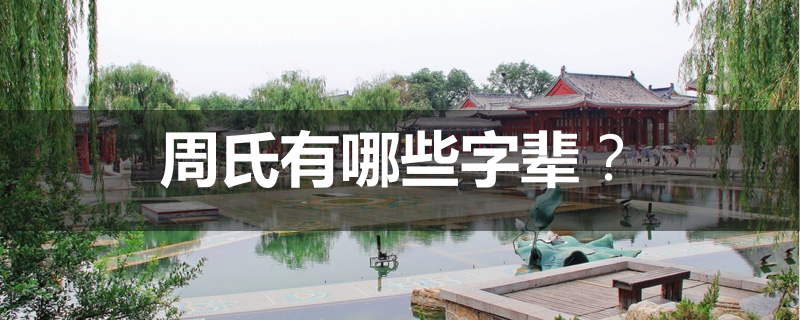
鍾妍歡
2021-07-14
關(guān)于長城的傳說
In the north of China, there lies a 6,700-kilometer-long (4,161-mile-long) ancient wall. Now well-known as the Great Wall of China, it starts at the Jiayuguan Pass of Gansu Province in the west and ends at the Shanhaiguan Pass of Hebei Province in the east. As one of the Eight Wonders in the world, the Great Wall of China has become the symbol of the Chinese nation and its culture.
Lots of beautiful legends and stories about the Great Wall took place following along the construction, and since that time these stories have spread around the country. Those that happened during construction are abundant, such as Meng Jiangnu's story and the legend of the Jiayuguan Pass. Meng Jiangnu's story is the most famous and widely spread of all the legends about the Great Wall. The story happened during the Qin Dynasty (221BC-206BC). It tells of how Meng Jiangnu's bitter weeping made a section of the Great Wall collapse. Meng Jiangnu's husband Fan Qiliang was caught by federal officials and sent to build the Great Wall. Meng Jiangnu heard nothing from him after his departure, so she set out to look for him. Unfortunately, by the time she reached the great wall, she discovered that her husband had already died. Hearing the bad news, she cried her heart out. Her howl caused the collapse of a part of the Great Wall. This story indicates that the Great Wall is the production of tens of thousands of Chinese commoners.
Another legend about the Jiayuguan Pass tells of a workman named Yi Kaizhan in the Ming Dynasty (1368BC-1644BC) who was proficient in arithmetic. He calculated that it would need 99,999 bricks to build the Jiayuguan Pass. The supervisor did not believe him and said if they miscalculated by even one brick, then all the workmen would be punished to do hard work for three years. After the completion of the project, one brick was left behind the Xiwong city gate. The supervisor was happy at the sight of the brick and ready to punish them. However Yi Kaizhan said with deliberation that the brick was put there by a supernatural being to fix the wall. A tiny move would cause the collapse of the wall. Therefore the brick was kept there and never moved. It can still be found there today on the tower of the Jiayuguan Pass.
In addition to the above-mentioned stories about the construction of the Great Wall, there are also plenty of stories about current scenic spots. A famous one is the legend of the Beacon Tower. This story happened during the Western Zhou Dynasty (11th century BC-711 BC). King You had a queen named Bao Si, who was very pretty. King You liked her very much, however Bao Si never smiled. An official gave a suggestion that setting the beacon tower on fire would frighten the King's subjects, and might make the queen smile. King You liked the idea. The subjects were fooled and Bao Si smiled at the sight of the chaos. Later enemies invaded Western Zhou, King You set the beacon tower on fire to ask for help. No subjects came to help because they had been fooled once before. Thus, King Zhou was killed by the enemy and Western Zhou came to an end.
Beautiful stories and legends about the Great Wall help to keep alive Chinese history and culture. In each dynasty after the building of the Great Wall, many more stories were created and spread.








 回答
回答










